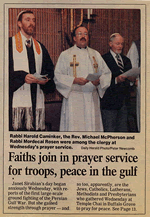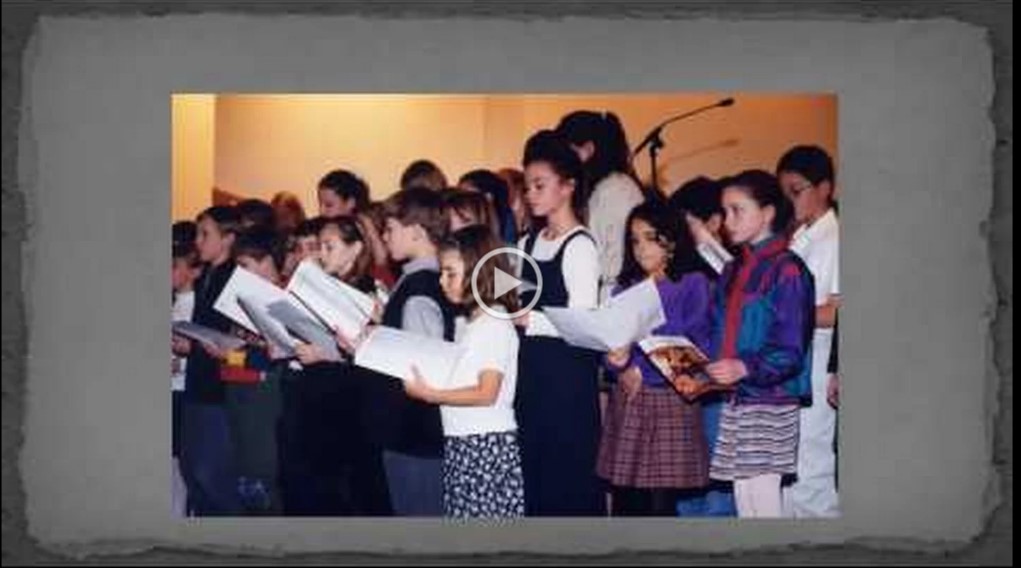About the Northwest Suburban Interfaith Council
 The Interfaith Council is a not-for-profit organization with 10 member congregations located in Arlington Heights, Buffalo Grove, Wheeling, Long Grove and Prospect Heights (all in Illinois).
The Interfaith Council is a not-for-profit organization with 10 member congregations located in Arlington Heights, Buffalo Grove, Wheeling, Long Grove and Prospect Heights (all in Illinois).
The Interfaith council was founded in 1990 as a direct response to an incident of anti-Semitic graffiti painted on the Northwest Suburban Jewish Community Center. The clergy of the area joined together to condemn the vandalism caused by hate and ignorance.
All participation is on a volunteer basis, with no paid positions. Both Clergy and laity represent each member congregation. The group is led by community members involved. Ideas for events and projects are usually laity inspired and then brought to the clergy for additional discussion and approval.
The Interfaith Council is funded by annual membership dues and donations-usually unsolicited. It is classified as a 501(c) 3 non-profit organization. An annual report is filed with the Illinois Secretary of State.
Meetings are held once a month. The Meeting location is rotated so that each month the meeting is held at a different synagogue or church. This practice was established in our early years to help break down the hesitancy of people to enter houses of worship other than their own.
Click to View Our 25th Anniversary Video
The mission of the Interfaith Council is to foster understanding among those of different faiths, encourage cooperative social service efforts, and serve as an ethical and moral voice promoting the positive growth and unity of our community. This is done through open dialogue, discussion, fellowship, and collaboration to meet some of the agreed upon social needs in our suburban area. In this way, our community can break down barriers caused by the lack of knowledge about, and the fear of, other religions.

